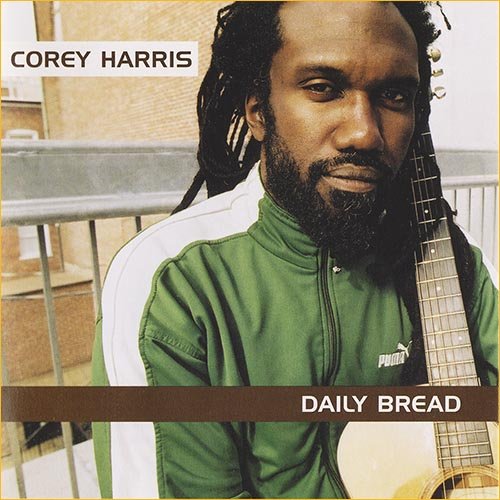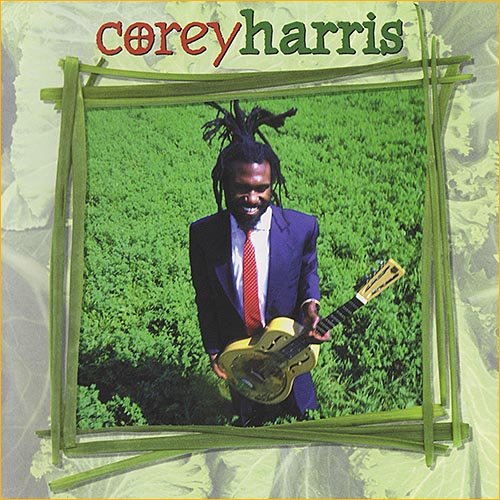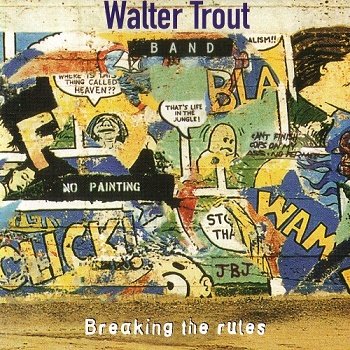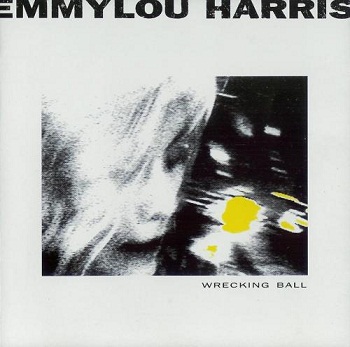David Gilmour - The Luck And Strange Concert 2025
Исполнитель: David Gilmour Альбом: The Luck And Strange Concert Жанр: Progressive Rock, Psychedelic Rock Год: 2025 Страна: UK (Cambridge) Лейбл: Legacy Recordings Формат: FLAC (tracks) Official DR value: DR8 Разрядность: 24bit / 96kHz Stereo Размер: 2,6 GB Инфо: wiki Залито на: XFile (tracks) «Exclusive for Lossless-Galaxy»
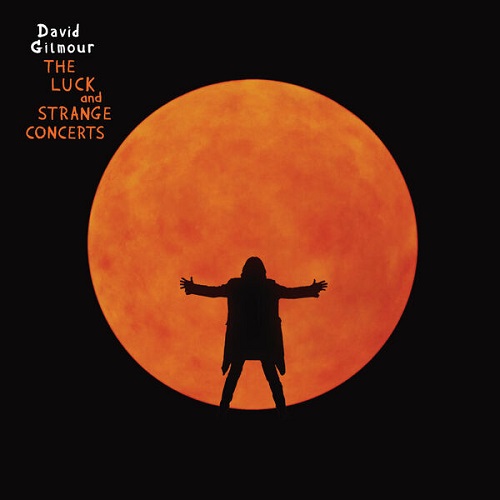
David Gilmour - The Luck And Strange Concert 2025
Исполнитель: David Gilmour Альбом: The Luck And Strange Concert Жанр: Progressive Rock, Psychedelic Rock Год: 2025 Страна: UK (Cambridge) Лейбл: Legacy Recordings Формат: FLAC (tracks) Official DR value: DR8 Разрядность: 24bit / 96kHz Stereo Размер: 2,6 GB Инфо: wiki Залито на: XFile (tracks) «Exclusive for Lossless-Galaxy»
16 10, 2025
Genesis - A Trick Of The Tail (2025) 1976
Исполнитель: Genesis Альбом: A Trick Of The Tail Жанр: Progressive Rock, Art Rock Год: (2025) 1976 Страна: UK (Godalming, Surrey) Лейбл: Analogue Productions (CAPA 073 SA) Формат: [SACD-R][OF] Контейнер: ISO (*.iso) Тип рипа: image Разрядность: 64 (2,8 MHz/1 Bit) Аудиокодек: DSD64 (2.0) Количество каналов: 2.0 Размер: 2,1 GB Инфо: wiki Залито на: XFile (.iso)
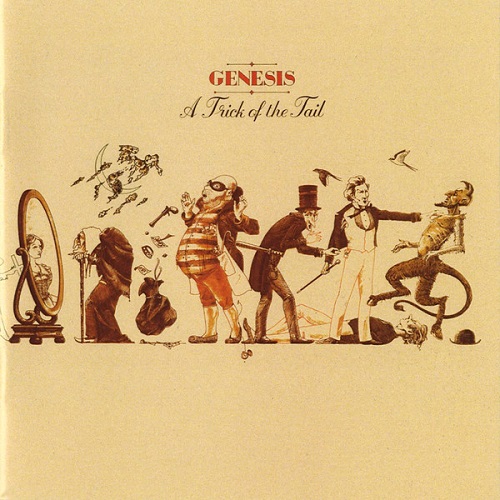
Genesis - A Trick Of The Tail (2025) 1976
Исполнитель: Genesis Альбом: A Trick Of The Tail Жанр: Progressive Rock, Art Rock Год: (2025) 1976 Страна: UK (Godalming, Surrey) Лейбл: Analogue Productions (CAPA 073 SA) Формат: [SACD-R][OF] Контейнер: ISO (*.iso) Тип рипа: image Разрядность: 64 (2,8 MHz/1 Bit) Аудиокодек: DSD64 (2.0) Количество каналов: 2.0 Размер: 2,1 GB Инфо: wiki Залито на: XFile (.iso)
16 10, 2025
Genesis - Abacab (2025) 1981
Исполнитель: Genesis Альбом: Abacab Жанр: Progressive Rock, Art Rock Год: (2025) 1981 Страна: UK (Godalming, Surrey) Лейбл: Analogue Productions (CAPA 042 SA) Формат: [SACD-R][OF] Контейнер: ISO (*.iso) Тип рипа: image Разрядность: 64 (2,8 MHz/1 Bit) Аудиокодек: DSD64 (2.0) Количество каналов: 2.0 Размер: 1,9 GB Инфо: wiki Залито на: XFile (.iso)
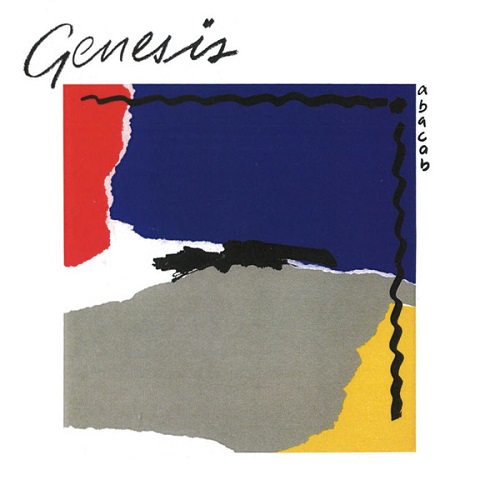
Genesis - Abacab (2025) 1981
Исполнитель: Genesis Альбом: Abacab Жанр: Progressive Rock, Art Rock Год: (2025) 1981 Страна: UK (Godalming, Surrey) Лейбл: Analogue Productions (CAPA 042 SA) Формат: [SACD-R][OF] Контейнер: ISO (*.iso) Тип рипа: image Разрядность: 64 (2,8 MHz/1 Bit) Аудиокодек: DSD64 (2.0) Количество каналов: 2.0 Размер: 1,9 GB Инфо: wiki Залито на: XFile (.iso)
16 10, 2025
Жанры
Lossless Galaxy Release
Русская музыка
--Поп
--Рок
--Панк
--Альтернатива
--Металл
--Рэп, Хип-Хоп, R'n'B
--Джаз и Блюз
--Фолк
--Шансон, Авторская песня
--СССР
Зарубежная музыка
--Pop
--Rock
--Hard Rock
--Progressive & Art-Rock
--Pop-Rock & Soft Rock
--Instrumental Rock
--Heavy, Traditional, Industrial Metal
--Power, Gothic, Sympho Metal
--Thrash, Speed, Groove, Modern Metal
--Death, Melodic Death, Doom, Dark Metal
--Black, Pagan, Folk, Viking Metal
--Alternative
--Punk
--Disco, Eurodance
--Rap, Hip Hop, R'n'B
--Reggae, Ska, Dub
--Jazz, Blues, Soul
--Folk, Country, Ethnic
--Electronic, Ambient, New Wave
--House, Techno, Trance
Другие жанры
--New Age, Relax, Meditative & Flamenco
--Chillout, Lounge, Downtempo, Trip-Hop
--Drum & Bass, Jungle, Breakbeat, IDM
--Classical / Классическая музыка
--Soundtrack
--Музыкальные сказки
Vinyl Rip
HI-Res / DVD-Audio / DTS
--SACD
--DSD
--DVD-Audio
Сборники Lossless-Galaxy
Альбомы 2022
Альбомы 2023
Альбомы 2024
Теги
1st Press 2022 2023 2024 2025 70... AOR Black Metal Blues Blues Rock Bootleg Series Classic Rock Death Metal Discography Exclusive for Lossless-Galaxy Folk Rock Fusion Hard Rock Heavy Metal Hi-Res Japanese Edition Jazz Jazz Rock lossless Melodic Death Metal Melodic Rock Modern Electric Blues Pop Pop Rock Power Metal Prog Rock Progressive Metal Progressive Rock Psych Rock Psychedelic Rock Rock SACD Symphonic Metal Thrash Metal Дискографии от KoGGaN
Архивы
Опрос
В каком формате хотели бы видеть релизы на сайте ?
 Автор: LeddZepp, 5 ноября 2023, Комментариев: 0, Просмотров: 1 574
Автор: LeddZepp, 5 ноября 2023, Комментариев: 0, Просмотров: 1 574Corey Harris - Between Midnight And Day (1995)
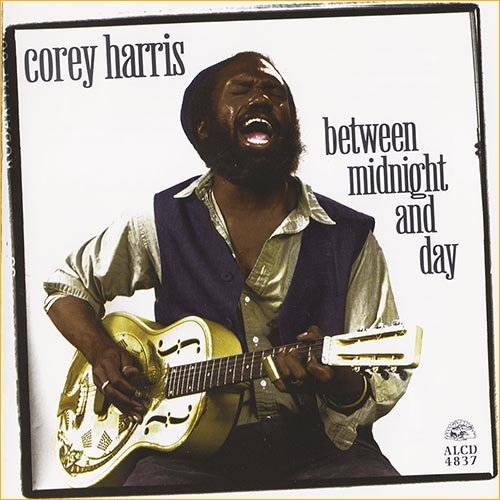
Year: 1995 (CD 1995)
Label: Alligator Records (US), ALCD 4837
Style: Blues
Country: Denver, Colorado, U.S. (February 21, 1969)
Time: 49:48
Format: Flac Tracks 16/44,1 kHz
Size: 226 Mb
Всего с десяток лет назад выступления Кори Харриса (Corey Harris) можно было услышать просто на улицах Нового Орлеана. Именно там, по словам исполнителя, он впитывал подлинный дух блюза.
Уже первый блюзовый альбом гитариста, композитора и певца "Between Midnight And Day" был настолько талантлив и совершенен, что Харриса провозгласили хранителем традиций. Вторая пластинка "Fish Ain't Bitin" только добавила критикам уверенности, что выбор был сделан верно. Однако сам Кори не ограничивался традиционным исполнением, стараясь узнавать что-то новое и использовать это на практике. Следующие диски "Greens From The Garden" и "Vu-Du Menz" это целиком подтвердили.
Родился будущий блюзмен в самом центре США, штате Колорадо в 1969 году. Вырос в окружении музыкантов и стал проявлять способности к музыке раньше, чем уверенно заговорил. Первым его инструментом стала детская гитара, на которой уже в три года Кори научился играть и что-то сочинять. Взрослый вариант мальчик освоил в 12 лет, тогда же стал поклонником Би Би Кинга и Лайтнинг Хопкинса. Подросток не ограничивался только игрой на гитаре, он посещал церковный хор, играл на трубе, скрипке, ударных, постоянно экспериментировал.
После школы Харрис поступил в колледж на антропологию и языки, но музыку не бросил. Обучение давалось ему успешно, после окончания курса молодой человек получил грант, чтобы продолжить образование по специальности в Камеруне. Там он изучал местную культуру и, конечно, ее музыкальную составляющую, открыв для себя истинное блюзовое западноафриканское звучание, этническую и сельскую музыку.
После Камеруна Кори возвращается в США и преподает языки в Луизиане. Но вскоре понимает, что полноценно совмещать работу с музыкой у него не выходит, поэтому Харрис делает выбор в пользу блюза. Именно тогда он перебирается в Новый Орлеан и играет с местными уличными музыкантами, чтобы проникнуться духом блюза и заработать на жизнь. Кори быстро приобретает известность в городе и окрестностях. В 1994 году его замечает Лари Хоффман и предлагает сделать запись на лейбле "Alligator". Президент звукозаписывающей компании был потрясен талантом Харриса, его слайдовой техникой и безупречным вкусом игры как на акустическом Гибсоне, так и на специфической "National Rezophonic" с металлическим отзвуком.
Первый альбом был замечен не только простыми слушателями, но и звездами джазовой сцены. Натали Мерчант предлагает Кори открывать ее гастрольные выступления, а затем на музыканта посыпались предложения сотрудничества от Бадди Гая, Би Би Кинга, Дейва Метьюса. В многочисленных турах Харрис посещает Японию, Европу и даже Россию.
(jazzmap.ru/band/corey-harris-kori-harris-blyuz-gitara-vokal.php)
01. Roots Woman (02:50)
02. Pony Blues (02:42)
03. Keep Your Lamp Trimmed And Burning (02:54)
04. Early In The Morning (02:13)
05. Feel Like Going Home (04:32)
06. I'm A Rattlesnakin' Daddy (02:20)
07. Between Midnight And Day (03:33)
08. Bukka's Jitterbug Swing (02:00)
09. Going To Brownsville (04:59)
10. Write Me A Few Lines (02:09)
11. She Moves Me (02:09)
12. Bound To Miss Me (03:38)
13. 61 Highway (04:48)
14. Catfish Blues (02:40)
15. I Ain't Gonna Be Worried No More (02:52)
16. It Hurts Me Too (03:22)



При желании можно посмотреть все мои публикации на сайте. Приятного прослушивания. Жмём и смотрим (Click to see all of my posts)!
Внимание! У Вас нет прав для просмотра скрытого текста.
Изменил: LeddZepp по причине: Обновил ссылки и Описание.
Похожие новости:
Комментарии отсутствуют
Добавить комментарий!
Информация
Посетители, находящиеся в группе Гости, не могут оставлять комментарии к данной публикации.

